Gauging the power utilization of your domicile is crucial when you are exploring avenues to diminish your electrical expenditures or when architecting an auxiliary power reserve for your abode.
This task is less formidable than one might presume. To ascertain the wattage requisite for energizing your home, engage in rudimentary arithmetics, and scrutinize your previous electrical invoices.
Embarking on this journey, you might find yourself astonished by the quantum of electrical energy your household, inclusive of all members, expends in both diurnal and menstrual cycles. Therefore, it is worth considering investing in a portable power station for your home. The perfect combination of solar panels and solar generators can not only save on household electricity bills but also become a reliable home backup power source.
So, what is the wattage necessary for the operation of your domicile?
Uncover the methodology to determine your existing energy usage and juxtapose it with the median consumption of a typical household.
Which Factors Influence How Many Watts Are Needed to Run a House?
Data procured from the U.S Energy Information Administration unveils that the typical American domicile consumes approximately 886 kilowatt-hours (kWh) of electrical energy each lunar month. This statistic translates to an estimated 30 kWh daily, encompassing a myriad of domestic endeavors: culinary preparations, televisual entertainment, laundering garments, operating dish cleansing machines, and more.
This consumption also encompasses devices persistently operational in the backdrop, such as illumination systems, refrigeration units, thermal comfort apparatus, and climate control mechanisms.
The expenditure and utilization of energy exhibit considerable variation across diverse territories.
Take, for instance, the state of Louisiana, where the average rate for electrical energy stands at 13 cents per kWh, with a daily consumption figure approximating 39 kWh.
Contrastingly, in Hawaii, the typical rate for energy is 45 cents per kWh, while the daily consumption hovers around 18 kWh.
Which Factors Influence How Many Watts Are Needed to Run a House?

A myriad of elements can influence the quantum of energy consumption, even among abodes equipped with akin domestic devices.
Herein are the cardinal determinants that will shape the wattage requisites for the operation of your domicile:
The Size of Your House
The spatial expanse of a residence markedly influences its electrical energy consumption.
In abodes with an abundance of chambers, there's an escalated demand for electrical power to regulate temperature.
Furthermore, a dwelling of considerable size not only necessitates increased illumination but may also house a greater number of occupants, thereby amplifying the usage of domestic devices.
Your House’s Age and Condition
Residences of yesteryear, preceding the era of widespread embracement of energy-conservation implements and materials, exhibit a heightened consumption of energy compared to their contemporary counterparts.
Contrastingly, modern domiciles excel in energy conservation, courtesy of superior insulation, more efficacious heating, ventilation, and air conditioning systems, and appliances bearing the Energy Star accolade.
Size of Your Household
It might not be immediately apparent, but an augmentation in the number of inhabitants within a domicile directly correlates with an uptick in energy utilization.
Ponder upon these scenarios:
- A greater congregation engaging in the use of heated aqua for their ablutions escalates the electrical demands on your water heating apparatus.
- Frequently employed domestic machinery such as culinary cleaners, clothes launderers, and cold storage units witness increased usage.
- There's an amplification in the necessity for illumination and climate control systems.
Where You Live

The geographical positioning of your abode exerts a profound influence on your energy expenditure.
Inhabitants of torrid zones might find themselves reliant on air conditioning not just during the sweltering summer months but potentially throughout the entire year.
Conversely, those dwelling in areas besieged by arctic temperatures are compelled to maintain their heating systems in continuous operation for their very survival.
Moreover, the local cost of energy plays a pivotal role in dictating electricity usage. Individuals residing in locales with exorbitant energy tariffs are often more judicious in their consumption of power.
The Number and Type of Appliances
In households brimming with sizable domestic machines, the quantum of energy devoured escalates significantly. Take, for example, a clothes dryer – its energy utilization dwarfs that of air-drying garments in the ambient environment. Similarly, employing a mechanical dish cleanser expends more electrical vigor than the manual scrubbing of culinary utensils.
Ancient domestic machinery is notoriously voracious in its electricity consumption. In contrast, contemporary devices, often bearing the Energy Star accolade, are designed for frugal electricity usage.
How Often You Use Electrical Appliances (Lifestyle)
The domestic lifestyle of your kin, alongside the operational patterns of appliances, exerts a substantial influence on the wattage requisites for your abode.
Consider, for instance, the thermal preferences in your domicile, which play a pivotal role in dictating energy utilization.
Opting for a balmy ambiance during the chill of winter, or seeking a frigid climate within your residence amidst the summer's swelter, escalates power expenditure.
The duration your family engages with electronic devices such as televisions, computing machines, and laundry apparatuses significantly sways your power usage.
The cadence of electricity consumption is not static throughout the day, typically peaking between the hours of 7:00 AM and 11:00 PM on weekdays in most homes.
Average Home Energy Consumption and Backup Power

The power requisition of domestic apparatus fluctuates immensely, contingent on distinct models and habitual utilization patterns.
Envision you're in the market for a compact energy station or a comprehensive domiciliary power backup system, aiming to fortify your household’s power resilience amidst power outages. In such a scenario, it's crucial to deduce the electric demands of the pivotal appliances you wish to operate.
OUPES Portable Power Station provides you with a good solution. OUPES 2400 Portable Power Station with a substantial 2232Wh capacity, it's capable of powering 95% of your appliances efficiently, can power a 150W refrigerator for 17-30 hours, and is a very reliable Home backup power system. If you live in a larger home, the OUPES Mega 5 Home Backup & Portable Power Station is a better solution, with a capacity of up to 5040Wh, it can power 99% of appliances and can be seamlessly controlled through the OUPES app and monitoring, it is an excellent choice for anyone who needs a reliable, high-power and versatile power source.
Frequently Asked Questions

Is 9000 Watts Enough to Power a House?
A secondary energy system, specifically a generator with an output capacity between 7,000 and 9,000 watts, proves ample to energize a household during power interruptions. It's pivotal to acknowledge the necessity for either storing or generating electrical energy in blackout scenarios. For instance, possessing a 3.6kWh capacity for energy storage or production may suffice for an average home's daily electrical needs. In scenarios of prolonged power failures, augmenting your setup with additional battery reserves or augmenting solar power generation becomes essential.
Final Thoughts
By meticulously auditing your domicile's energy utilization, you embark on a journey to significantly diminish your electrical expenditures.
This endeavor equips you with the acumen necessary for sagacious investment in augmenting your abode’s electrical provision, or in fabricating a power generation system that adequately satiates your kin's energy requisites.
Should your quest encompass solutions for electrical reserve and generation, peruse the offerings of OUPES.
OUPES presents a panoply of alternatives, whether you aspire to secure an emergency power reserve or to achieve total energy self-reliance.






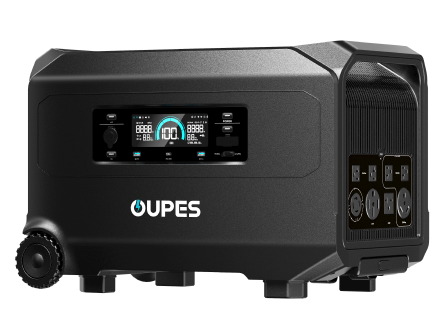



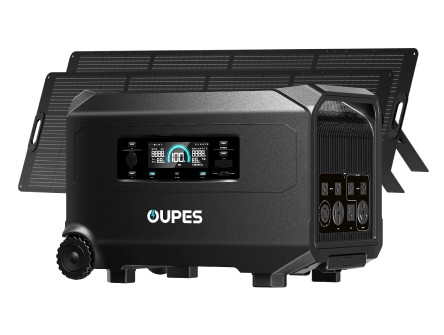

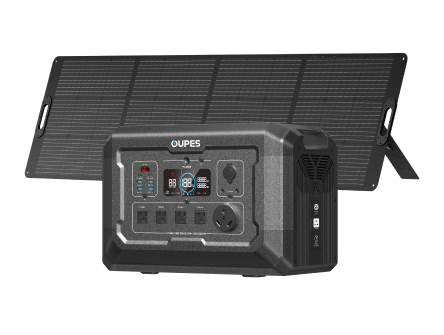

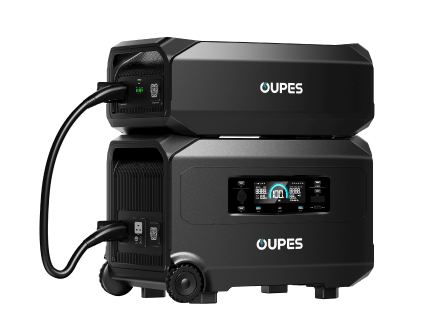
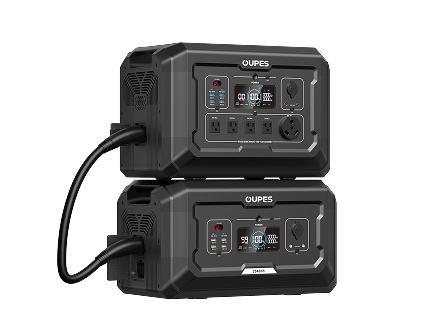
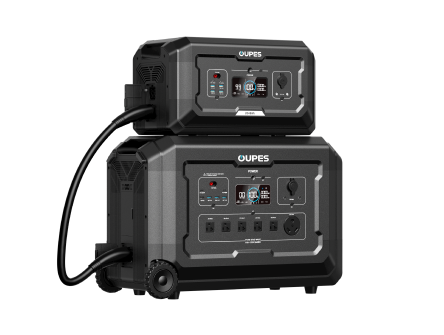
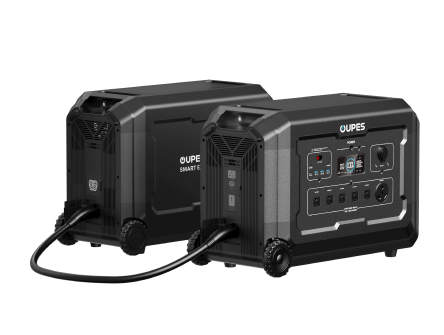




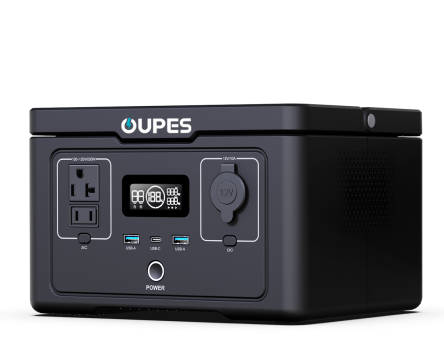



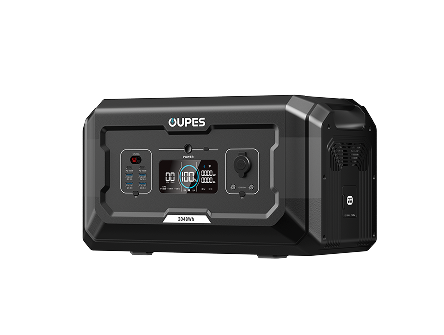
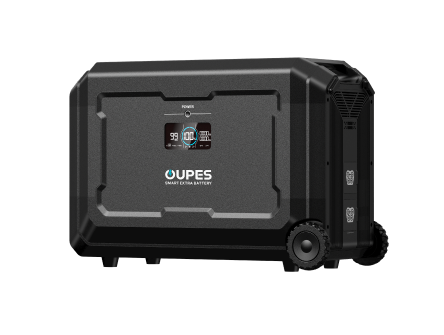
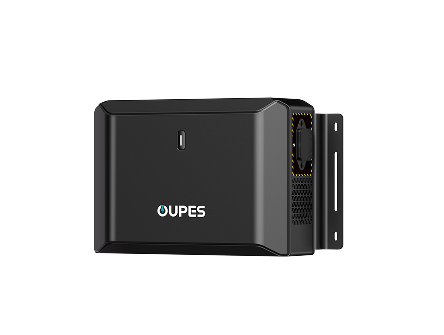






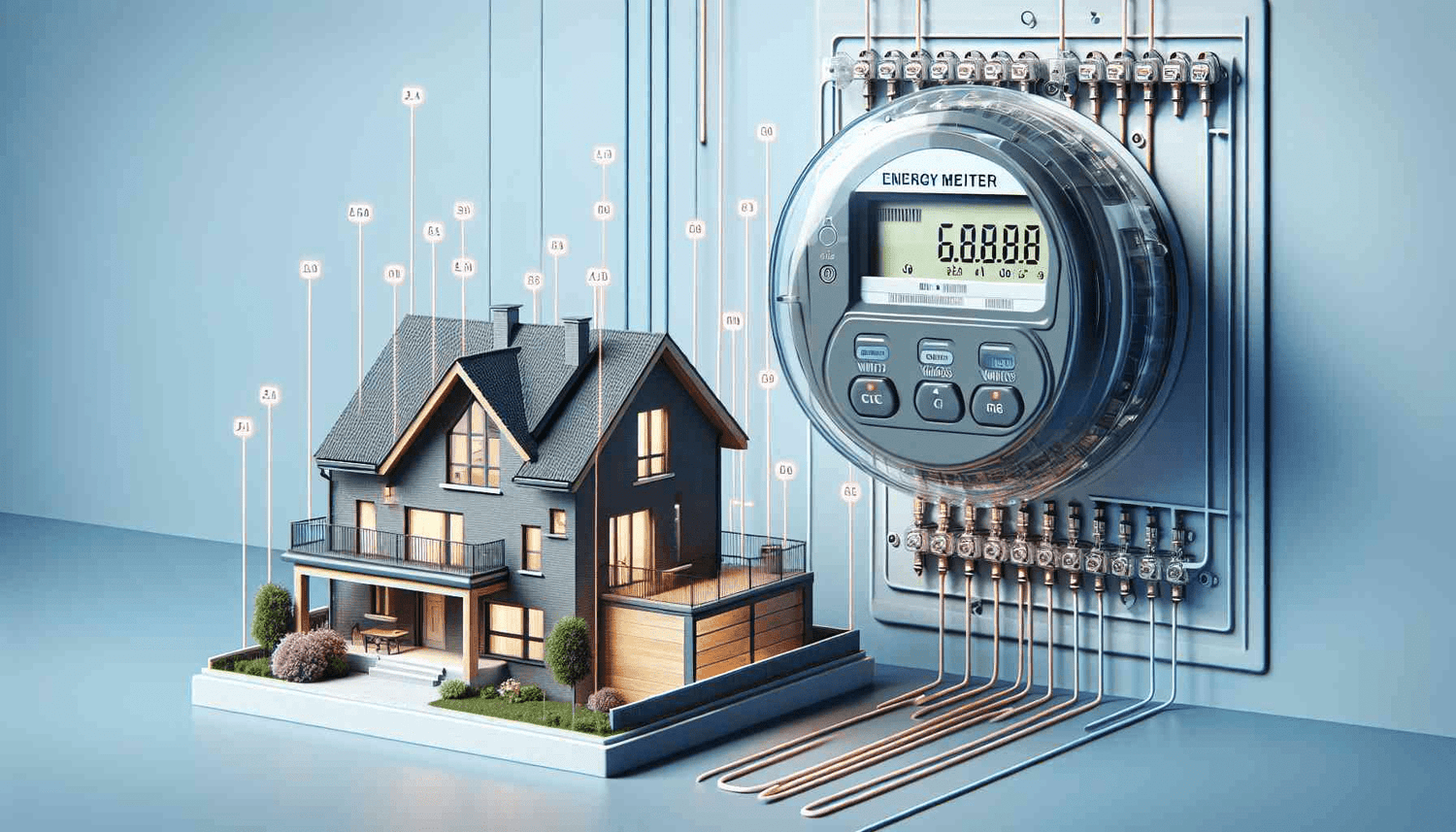
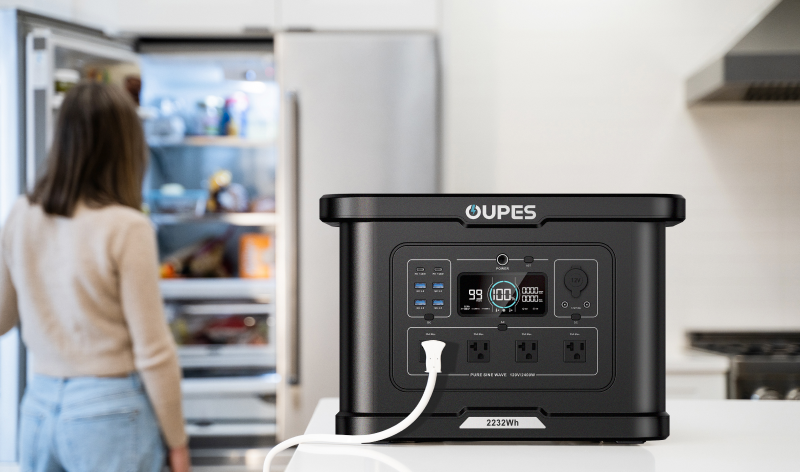

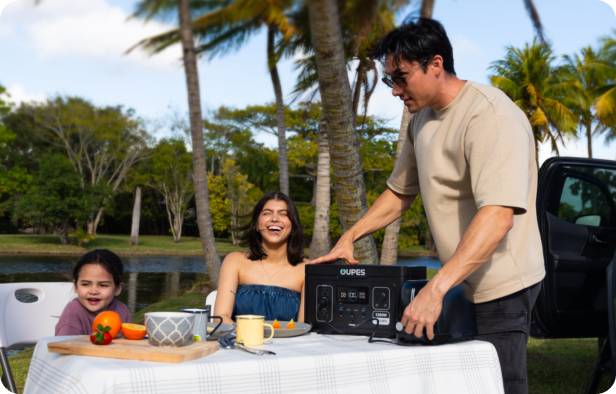
Leave a comment
This site is protected by hCaptcha and the hCaptcha Privacy Policy and Terms of Service apply.